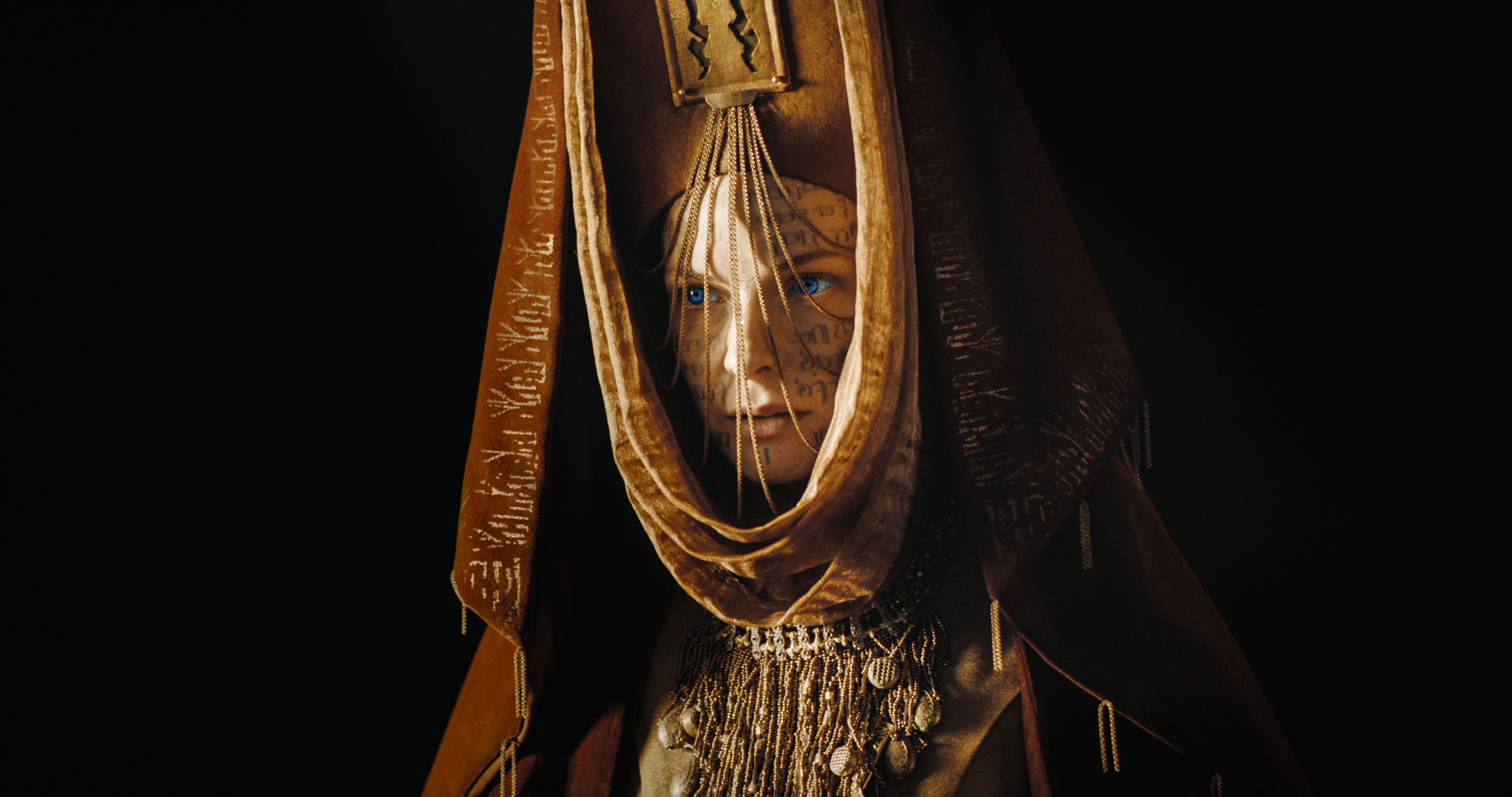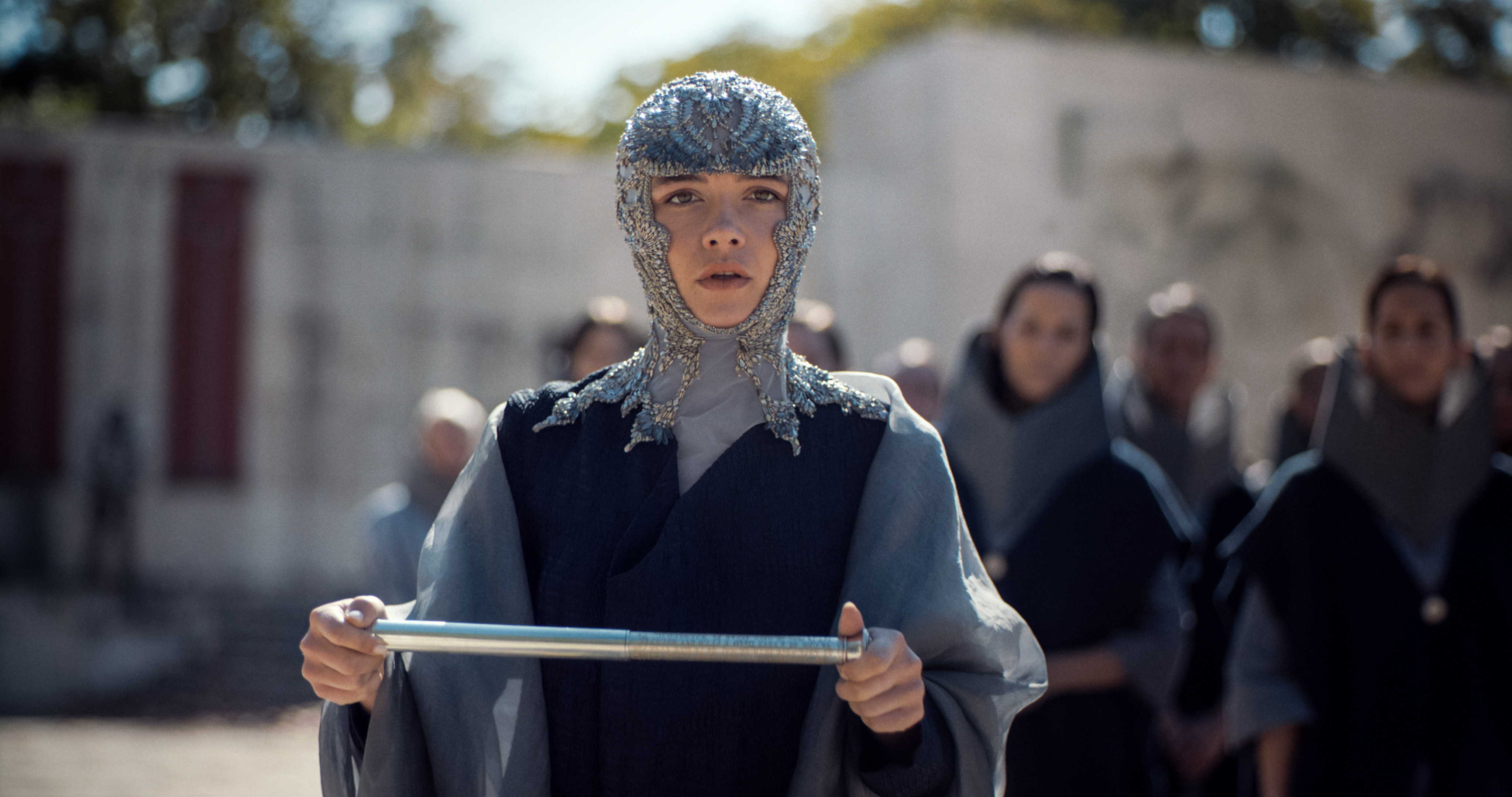A review of 'Dune: Part Two – Science fiction at its finest
By AJ Siytangco
At A Glance
- And yet, here we are in 2024, with the second part of a trilogy that tackles, at the very least, the initial saga of Paul Atreides and his triumphs and trials on Dune in spectacular fashion.

Dune occupies a singular position in the halls of science fiction greats, helping both popularize and define the genre as a serious literature worth reading. With its enormous scope, dense lore, complicated politics, and complex characters, it has often been considered unfilmable.
And yet, here we are in 2024, with the second part of a trilogy that tackles, at the very least, the initial saga of Paul Atreides and his triumphs and trials on Dune in spectacular fashion.
It is not that Dune has never been put to film before. The 1984 film and the 2000 mini-series reached some level of notoriety and recognition, but neither can claim the level of success as Denis Villenueve’s version of the classic story.
Timothée Chalamet reprises his role as Paul Atreides, the last surviving heir to the once great House Atreides, one-time steward of planet Arrakis, also known as Dune. It is a testament to his talent that you completely buy into his performance and forget that less than three months ago, he played an altogether different but equally memorable titular character in Wonka.

While the first film unfolded slowly and calculatingly, this middle act has a more brisk pace. With all the groundwork done, now is when Villeneuve shifts into high gear, throwing us head first into Paul’s journey from a young man to a messianic figure. The character moments are regularly interspersed with exquisite action sequences, changing the pace just enough to keep the viewer interested.
Zendaya has a much larger role in this film as she plays Paul’s love interest, Chani. While mostly only appearing as an effervescent vision or dream in the previous installment, here she is her own person. Perhaps even more than his mother, Chani loves the young Atreides heir in the most unselfish way possible.
One of the throughlines that stands out the most in Dune is the value of faith, and the very religious parallels are not lost to the sharp viewer. Javier Bardem’s Stillgar, is not only a respected leader among the Fremen people but also a John the Baptist figure, calling out, quite literally, like a voice in the desert, clearing a path for the chosen one. Paul’s mother, Lady Jessica (Rebecca Ferguson) is honored as the Reverend Mother. Paul himself at one point is called the one who will show them the way.
The other theme that weaves through the narrative and holds it together is fate. Are things destined to happen, and how much influence do we have on them, if any? Are we tied to our fate, destined for something whether we like it or not? Who do we look to when fate seems to fail us? And perhaps more importantly, do we unquestioningly follow those who seem to be the agents of fate, helping things come to pass as they supposedly should?

This dynamic of faith and fate, the decisions made in the name of one or the other are what really shapes the galaxy, more than the starships of the Great Houses of the Imperium, or the schemings of the other political factions like the Bene Gesserit or the Emperor himself. Paul’s actions, even his very desires are based on these two very powerful forces.
The morality of Dune is ambiguous at best, with even the heroes being thrust into situations and forced to make hard choices. Not everyone agrees with everyone else on everything. It is this discrepancy, this wanting something other than, yet also in addition to, the common good, is what makes the complex relationships of the characters so absorbing.
Villeneuve and co-writer Jon Spaihts did an excellent job of distilling down the world into something digestible by a wider audience within the film’s two-and-a-half-hour runtime. The worldbuilding is superb and easily understandable without the extensive info-dumps that plague many of today’s shows and films. The world is lived replete with little details of everyday life like rituals, factions, artifacts, and belief systems. We, the viewers, are invited to learn about it by living it, just like Paul, the perfect example of the old adage, “Show, don’t tell.”
The visuals are top notch thanks to the main VFX vendors Double Negative and Digital Domain. We get to see much more of the sandworms that populate Arrakkis, as well as other planets, such as the Geidi Prime, homeworld of the debauched House Harkonnen. The climactic battle recalls the Battle of Gondor of The Lord of the Ring’s Return of the King in scope and gravitas.
And all of these already astounding sights are heightened by the score of the dependable Hans
Zimmer.
Dune Part II is a masterwork of filmmaking, able to work as both a cerebral film for those who prefer something more intellectually meaty in the media they consume and a blockbuster tentpole film. Dune Part II has surpassed the already elevated bar set by its predecessor, and one can only imagine the heights Villeneuve and his cast and crew will aim for in Part III.
Dune is now playing in theaters. Do yourselves a favor and experience it on as big of a screen as you can find.